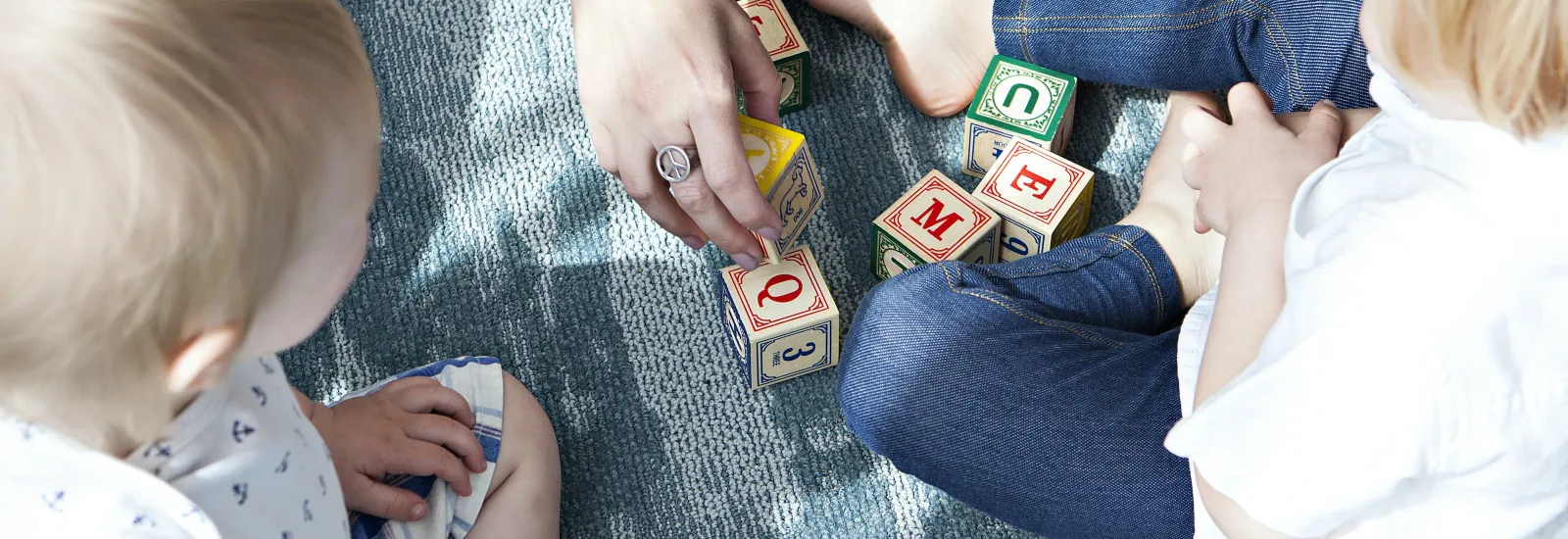
Speech and language skills for kindergarten success
3-minute read
Getting ready for kindergarten is an exciting and stressful
time for parents and soon-to-be school-aged children. Speech, language, and
communication skills play a big role in school success, from following
classroom rules to learning to read to making new friends. Yet, it can be
challenging to know if your child has all the speech and language skills they
need to thrive in kindergarten. Here's what you and your child need to know.
Communication isn't as simple as it
seems
Most adults take spoken communication for granted. But
learning to express thoughts, understand words, and pick up others' nonverbal
cues is quite complex.
Communication combines many different speech, language,
social, and cognitive skills, including:
- Articulation, or the ability to make individual sound
- Attention span
- Controlling volume, or how loud or quiet the voice is
- Expressive language, or telling others what you need, think, or want
- Fluency, or getting sounds and words out smoothly
- Phonological awareness, the ability to identify or produce letter sounds
- Short- and long-term memory
- Receptive language, or understanding what others say
- Social skills, such as taking turns
Most children learn these skills at about the same age, but
others may need support to learn one or more of them.
Hearing is also needed for speech development. A hearing
test can determine if a child is having trouble.
Reaching developmental milestones
Skills most children learn by age 5 are called developmental milestones. Most kids entering
kindergarten will be able to:
- Answer simple questions
- Count to 10
- Follow three- to-four-step directions
- Make comparisons, such as big and small
- Play pretend
- Remember what happens in a favorite book or movie
- Take turns
- Tell a joke or short story
- Use sentences with four or more words
When speaking, most kids this age can also make the sounds
of each letter. Still, many children have difficulty making certain sounds
until they are between 6 and 8 years old. This includes l, r, s, and z sounds or certain combinations of letters, such as th.
Addressing
developmental delays
When a child doesn't master a skill at the expected age,
they may have a developmental delay. About 10% to 15% of preschoolers have one.
Some children may also have a speech or language disorder or developmental
disability.
Children can often catch up to their peers with the right
support. Usually, the earlier a child gets help, the easier it will be for them
to learn the skills they need.
You don't need to wait until your child is in school to get
them help. Early intervention services can help your child catch up to their
peers before they start school. All states must provide early intervention
services through a state office or local school district at no cost to children
who need them. These services include speech therapy, also called speech-language pathology.
If your child has started kindergarten, they can also
receive speech services at school. Public school districts must provide speech
and language services to children who need them. Pediatric speech therapy
can also be done in an outpatient clinic.
How speech therapy helps
Speech therapists are experts in speech, language, and
communication. They may also be called speech-language pathologists, or SLPs.
Pediatric SLPs know how to make learning communication skills fun. SLPs often
use games, playtime, and specialized listening or voice exercises to teach
children the skills they need to succeed in kindergarten and beyond.
You can also support your child's speech development at home by:
- Asking your child to help make a grocery list
- Giving a two- or three-step direction to follow
- Having frequent conversations
- Making facial expressions in the mirror and naming the emotions
- Playing games such as I Spy or 20 Questions
- Practicing turn-taking with a favorite toy
If you have questions or concerns about your child's speech or language development, speak up. Getting them the support they need as early as possible will help them do well in kindergarten and help you worry a little less about how they're doing.
Learn more about how to get your child ready for
kindergarten. Make an appointment with a Reid
Health pediatrician today.

